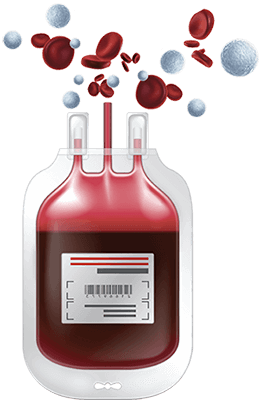Canada's Largest & Oldest Cord Blood Bank
Your toddler is half-way through his or her second year. He or she will continue to claim independence by joining words together, undressing by self and even feeding a doll.
Milestones This Month
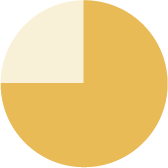
Most toddlers can
- Pedal a trike
- Scribble
- ‘Read’ board books by self
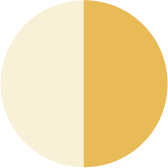
Half of the toddlers can
- Brush teeth with help
- Build a tower of four blocks
- Say two-word phrases
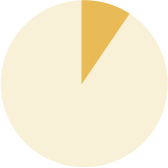
A few toddlers can
- Take toys apart and put back together
- Throw a ball overhand
- Show readiness for potty training
Toddler Development at 18 Months
Typical 18-month-old toddlers have good motor control and are usually moving whirlwinds. He or she may still need assistance going up and down stairs. It is important to have your toddler active as much as possible. Try to go for short walks without the stroller, create obstacles courses in the play area or just turn on some music and dance.

Your toddler’s vocabulary may contain up to 20 words at this point and he or she may even start stringing words together. You may find him or her chatting while playing or following along nursery rhymes. Reading, listening to music and encouraging your toddler to have conversations can help along with early language development.
Given that this is also a time when toddlers experiment with their voice, you may have a screamer at your hands. It is important not to give in when your toddler makes noise to get your attention. You can show your toddler other ways to experiment with his or her voice like whispering and singing.
Tantrums are a normal occurrence for toddlers at this age. Many toddlers get frustrated either because they are unable to physically perform a task they want or because they have been restricted. Add in the nap transition to this mix and you have a cranky toddler.

Toddler Tip
If your toddler is constantly climbing out of the crib it may be time to transition to a toddler bed, a big bed with rails or simply a mattress on the ground.
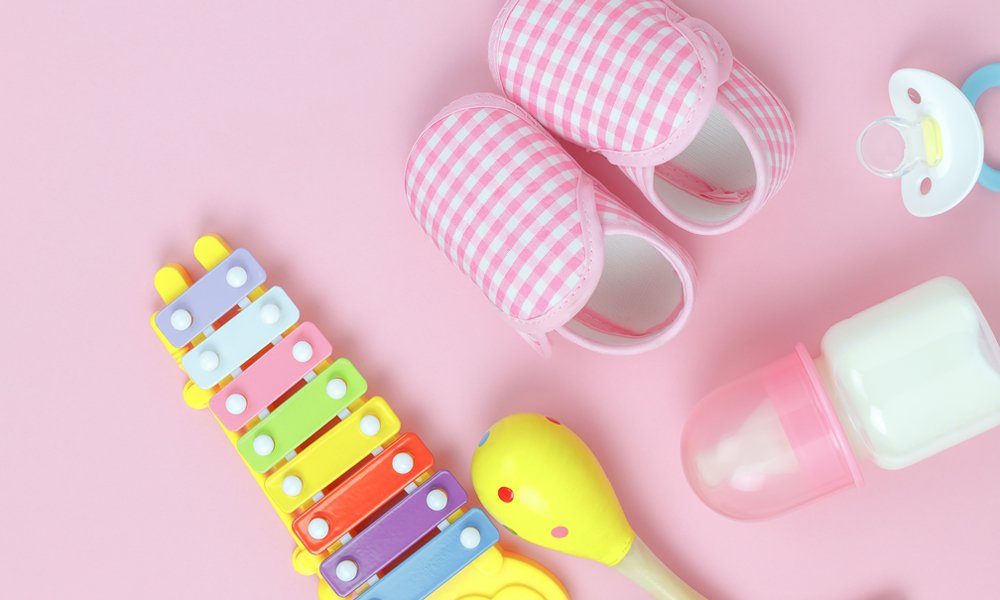
Supporting Your Toddler
Feeding and Sleep
Your toddler is likely on a three meal, two snack routine by now. He or she should be eating about a cup of fruits and vegetables, around quarter cup of grains and proteins, which amounts to about three tablespoons per day. If you haven’t transitioned your toddler out of ‘baby food’ or pureed items, you should be thinking about it. Introduce your toddler slowly to food items that are easy to chew and swallow and he or she will be eating the same meals as the rest of the family in no time.
Making the transition from two to one daytime nap can be difficult for both you and your toddler. This transition can happen anytime between 13 to 18 months. You can help your toddler drop the morning nap by occupying him or her during this time and by moving lunch time a bit earlier during the transition. Try to gradually lengthen the time your toddler stays up between waking up and the afternoon nap to help along. Your 18-month-old should be getting 12 to 14 hours of total sleep per day.
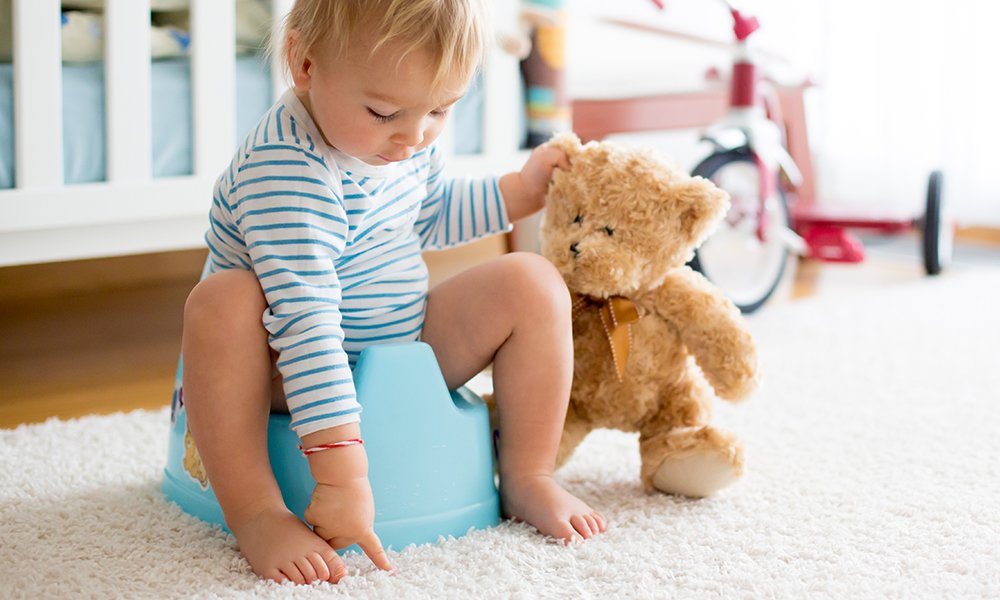
Potty Training
Toddlers may be ready for the potty anywhere between 18 to 30 months. If your toddler’s diaper is dry for more than 2 hours during the day or if they wake up from his or her nap with a dry diaper, it may be time to potty train. You can test out your toddler’s readiness by asking him or her to try using the toilet after a nap, or by gauging the interest to wear big-kid underwear.
Some toddlers at this age can show signs of discomfort after soiling his or her diaper. In this case, he or she is definitely ready for the potty. Some toddlers have no issues with going to the bathroom while others may be scared of the sound of flushing. Some prefer to have their feet on the ground, while others have no preference. You will have to experiment on a method that is best suited to your toddler.

